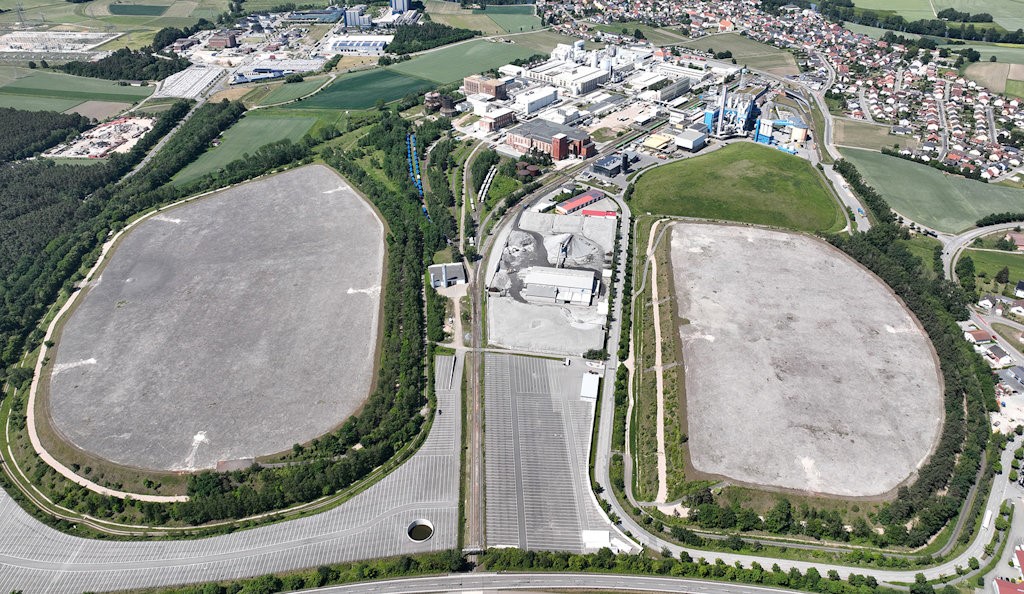您想继续阅读英文文章还
是切换到中文?
是切换到中文?

THINK ALUMINIUM THINK AL CIRCLE

Hydro is responsible for operating and maintaining three bauxite residual facilities located at the Schwandorf legacy site in the eastern region of Bavaria, Germany. The site contains remnants from the operational activities conducted by VAW, a German aluminium company, from the 1930s to the 1990s. As a result, Hydro is investing € 3 million in installing a new water treatment plant at the legacy bauxite residue facilities in Schwandorf, Germany.

The project is carried out in five steps-
A water management system has been implemented at the site to address the presence of many water streams. This system is designed to collect and treat water, specifically rainwater that falls within the defined parameters and run-offs originating from the deposits. The water purification process was outsourced till September 30.
"Hydro has in place dedicated capabilities and resources for managing our legacy portfolio worldwide. At the Schwandorf facilities, we will use state-of-the-art technology to protect soil and water environments," said Bjørn Kjetil Mauritzen, Head of Sustainability in Hydro.
Hydro took over water treatment on October 1, 2023, and implemented upgrades while building a new plant. Reduced chemical use and enhanced automation are among the enhancements that will lower the HSE risk to site employees. Furthermore, the new water treatment plant is designed for climate adaptation to prepare for future extreme weather events.
The new permanent water treatment facility in Schwandorf will open in Q2/Q3 2024. Hydro is implementing the project in Schwandorf in close coordination with local authorities and with the assistance of local experts. Hydro intends to invest around EUR 5-6 million over the next two years at the legacy sites in Schwandorf and Stulln in the Oberpfalz region.
The closed legacy tailings facilities in Schwandorf and Stulln are subject to the Global Industry Standard on Tailings Management (GISTM) commitment. GISTM is a strong framework designed to improve mining tailings sites' safety, sustainability, and management. The UN Environment Programme (UNEP), PRI (an investor initiative in collaboration with the UNEP Finance Initiative and the UN Global Compact), and the International Council on Mining and Minerals (ICMM) announced it in August 2020.
“The implementation of GISTM in the mining industry is important for mitigating risks, fostering sustainable operations and building trust. Given the dynamic nature of the framework conditions, GISTM represents an ongoing process of improvement, utilizing the most advanced technology, integrated thought, proactive measures, cooperation, and knowledge acquisition,” added Mauritzen.
Responses








